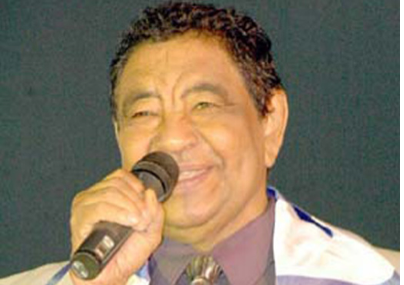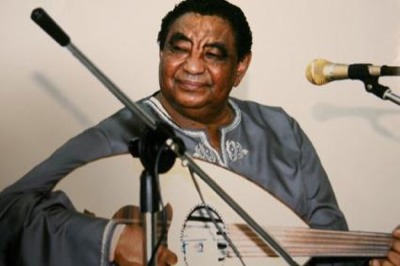Sign up for FlowVella
Sign up with FacebookAlready have an account? Sign in now
By registering you are agreeing to our
Terms of Service
Loading Flow

Music
Sudan has a rich and unique musical culture that has been through chronic instability and repression during the modern history of Sudan.
Beginning with the imposition of strict sharia law in 1989, many of the country's most prominent musicians and poets, like poet Mahjoub Sharif, were imprisoned while others, like Mohammed el Amin and Mohammed Wardi, fled to Cairo (Mohammed el amin returned to Sudan in 1991 and Mohammed Wardi returned to Sudan in 2003). Traditional music suffered too, with traditional Zār ceremonies being interrupted and drums confiscated.[1] At the same time, however, the European militaries contributed to the development of Sudanese music by introducing new instruments and styles; military bands, especially the Scottish bagpipes, were renowned, and set traditional music to military march music. The march March Shulkawi No 1, is an example, set to the sounds of the Shilluk. Sudan is very diverse, with five hundred plus ethnic groups spread across the country's territory, which is the largest in Africa. The country has been a crossroads between North, East and West Africa for hundreds of years, and is inhabited by a mixture of Sub-Saharan Arabs and Africans.

